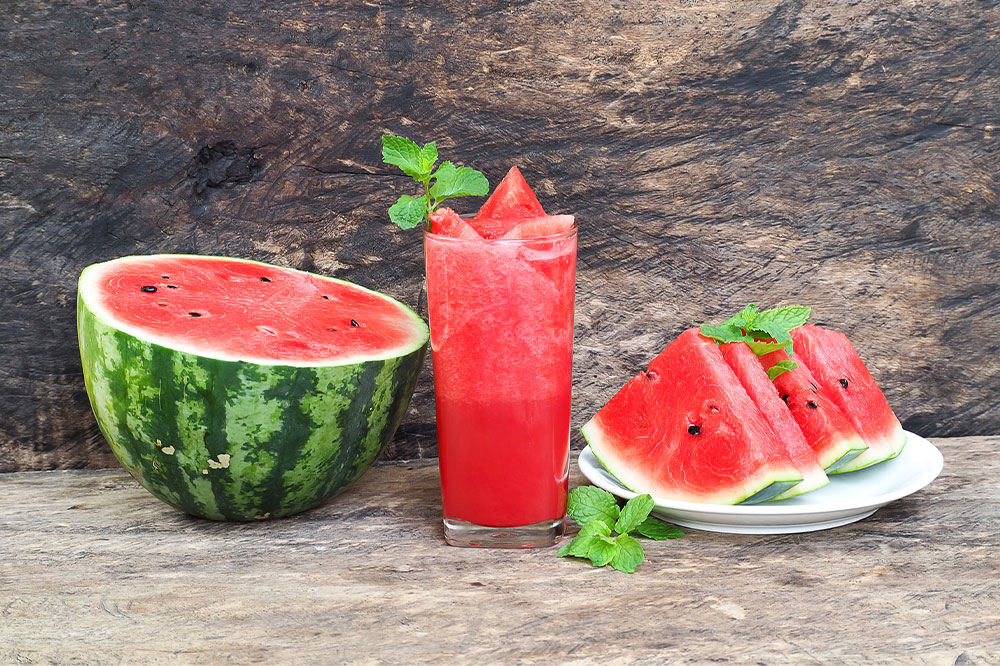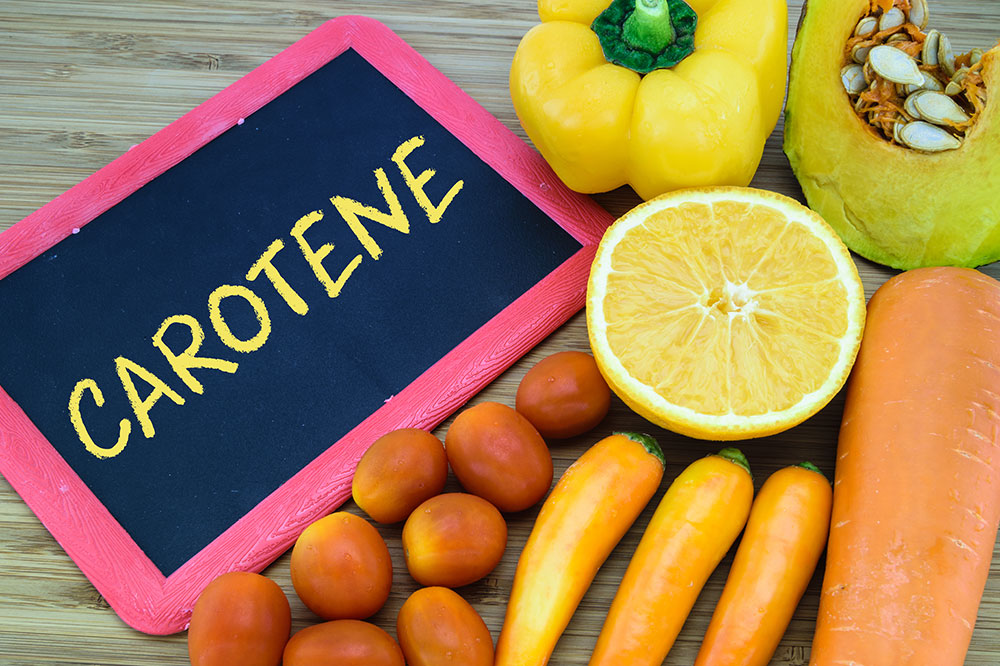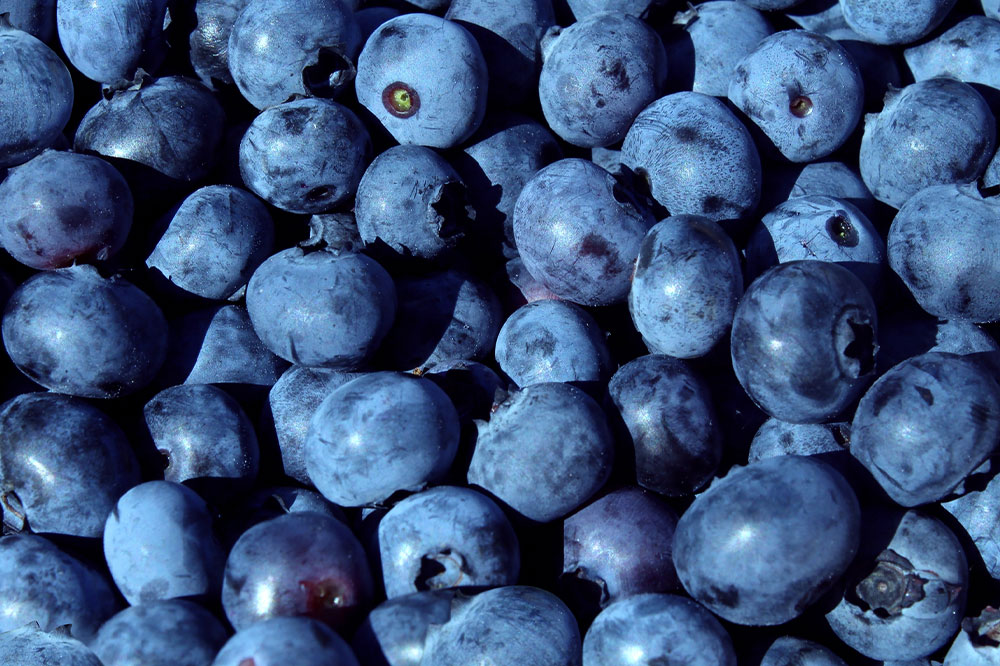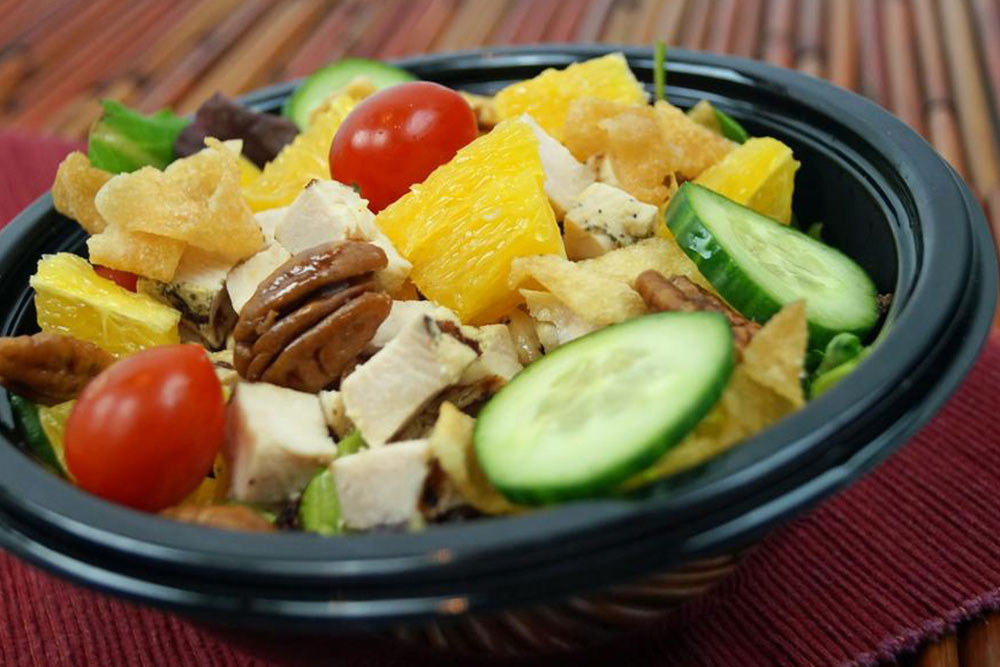Effective Dietary Approaches for Enhancing Cervical Health and Lowering Cancer Risk
This comprehensive guide explores how dietary choices influence cervical health and cancer prevention. It emphasizes the importance of consuming colorful fruits and vegetables rich in folate, carotenoids, flavonoids, and antioxidants. The article provides practical meal ideas and highlights lifestyle practices such as HPV vaccination and regular screenings. By adopting these dietary strategies and healthy habits, women can bolster their immune system, reduce HPV-related cellular changes, and lower their risk of cervical cancer, demonstrating that nutrition plays a vital role in proactive cervical health management.
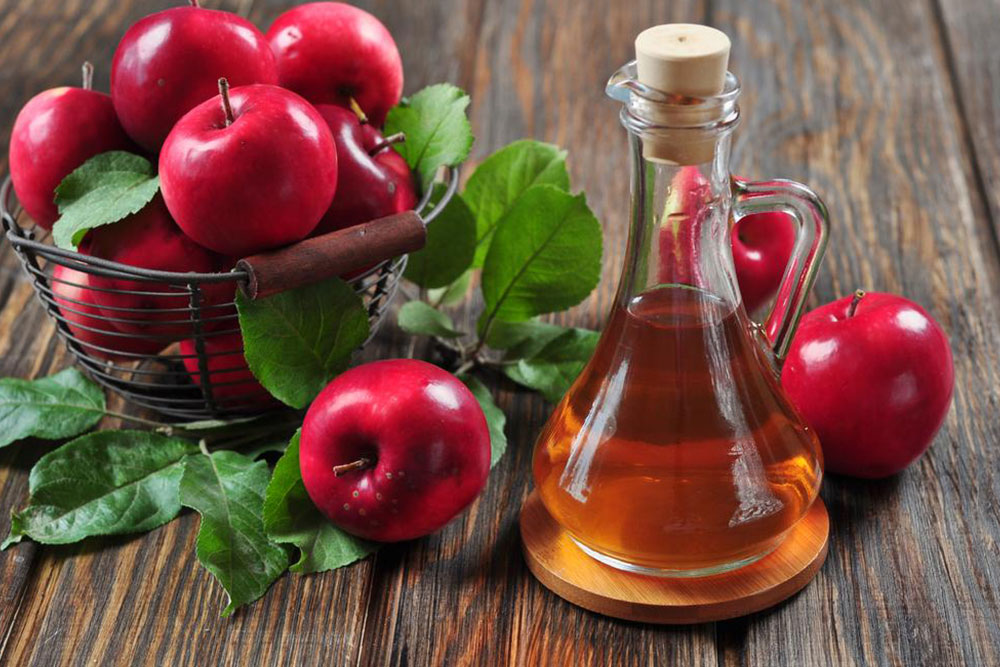
Effective Dietary Approaches for Enhancing Cervical Health and Lowering Cancer Risk
Cervical cancer remains a significant health concern worldwide. According to the American Cancer Society, more than 13,200 women are diagnosed with cervical cancer each year in the United States alone, with approximately 4,200 of these cases resulting in fatalities. This emphasizes the importance of proactive health measures, including lifestyle and dietary modifications, to reduce risk factors associated with cervical cancer.
Diet plays a crucial role in supporting cervical health and can potentially lower the risk of developing cancer caused by persistent human papillomavirus (HPV) infections. Consuming a diverse array of colorful fruits and vegetables provides essential nutrients that bolster the immune system, combat viral infections, and prevent cellular abnormalities that could progress into malignancies.
Scientific studies have consistently highlighted that a plant-based diet rich in specific nutrients such as folate, flavonoids, carotenoids, and antioxidants offers protective benefits. These nutrients help to neutralize harmful free radicals, support DNA repair mechanisms, and inhibit the proliferation of abnormal cells. Implementing dietary patterns that prioritize these vital food groups is a proven strategy in cervical cancer prevention.
Incorporating specific meals into your daily routine can significantly impact cervical health. Here are some nutritious meal ideas:
Breakfast: A bowl of crunchy granola paired with probiotic-rich yogurt, topped with fresh cantaloupe slices and a glass of freshly squeezed orange juice.
Lunch: A colorful vegetable toast featuring zucchini, mushrooms, carrots, and red peppers, topped with melted cheese.
Dinner: A vibrant salad with diced tomatoes, grilled chicken, black beans, spinach, whole wheat pasta, and a refreshing grapefruit. These meals are packed with beneficial nutrients that support immune function and cellular health.
Fruits and vegetables rich in specific phytochemicals are particularly beneficial. Foods high in flavonoids—such as lettuce, garlic, spinach, onions, cranberries, cabbage, broccoli, beans, apples, and asparagus—have anti-inflammatory and immune-boosting properties. Folate, a water-soluble B vitamin vital for DNA synthesis and cellular repair, is abundant in strawberries, romaine lettuce, oranges, lentils, cereals, chickpeas, and avocados. Carotenoids like beta-carotene, which is essential for maintaining healthy vision and immune function, are found in winter squash, pumpkins, sweet potatoes, carrots, and various beans. Incorporating these foods consistently can reinforce the body’s defenses against HPV-related cellular changes.
In addition to focused dietary choices, maintaining a healthy lifestyle is paramount in reducing cervical cancer risk. Preventive measures include receiving the HPV vaccine, participating in regular Pap smear screenings, abstaining from smoking, and practicing monogamous or mutually exclusive sexual relationships. Combining these health practices with a diet emphasizing vegetables and fruits provides a comprehensive approach to cervical health.
Carrots
Rich in carotenoids such as beta-carotene, carrots are known for their ability to neutralize carcinogens and support a robust immune response. They can be enjoyed raw as a snack or incorporated into cooked dishes for added variety.
Avocados
Avocados are nutrient powerhouses high in healthy monounsaturated fats, folate, and antioxidants. Their inclusion in the diet promotes overall health and may contribute to cancer prevention efforts.
Heirloom and Common Apples
Apples are rich in flavonoids that exhibit antioxidant properties, helping to protect cells from oxidative damage and reduce the risk of various cancers, including cervical cancer.
Pumpkin and Winter Squash
These colorful vegetables contain high levels of carotenoids, which support immune health and cellular integrity, making them valuable additions to a cancer-preventive diet.
Citrus Fruits
Oranges, lemons, and other citrus fruits are excellent sources of vitamin C, which aids in tissue repair, immune boosting, and potentially reducing the risk of cervical health issues.
Cooked Tomato Products
Tomato-based foods such as paste, puree, and marinara sauce are rich in lycopene, a powerful antioxidant that has been linked to reduced cancer risk, including cervical cancer. These foods combine lycopene with vitamin C and other nutrients that enhance cellular health.
Dark Leafy Greens
Spinach, kale, collard greens, and other dark leafy greens are abundant in folate, iron, and other essential nutrients that promote healthy cell division and repair, thereby supporting overall cervical health.

